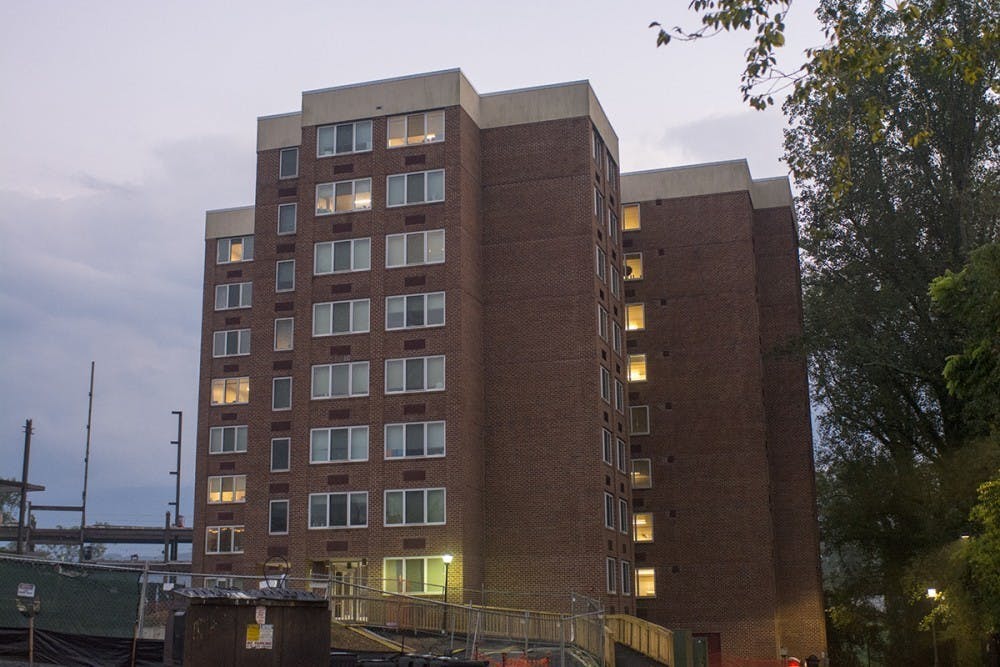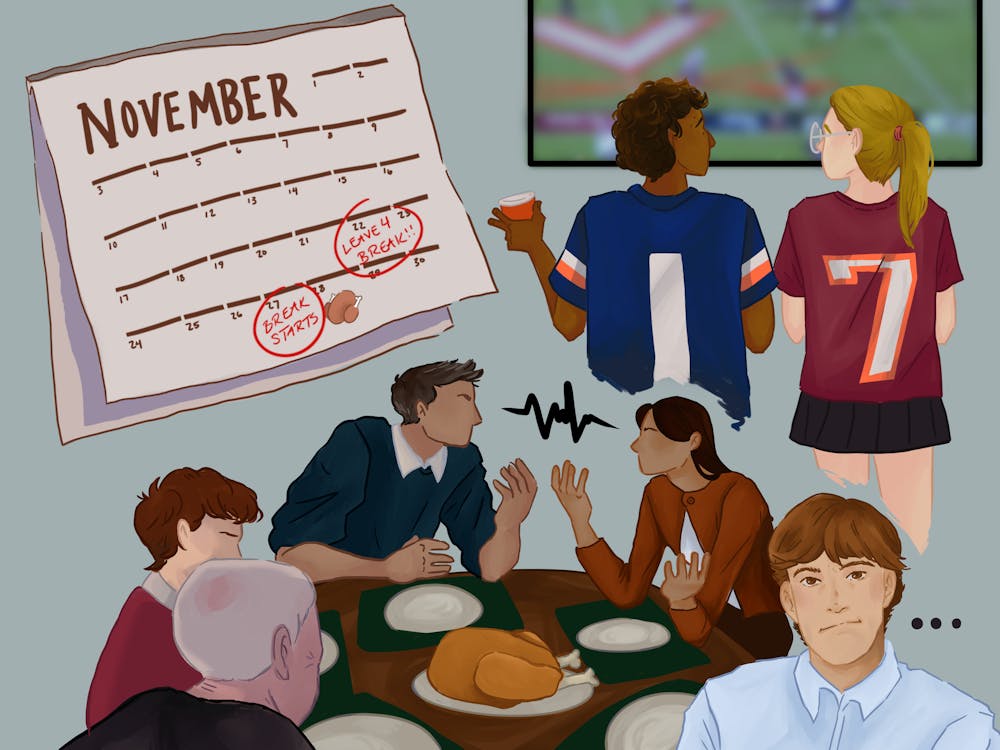Students still living on Grounds in Bond House, Bice House and the Language Houses will be relocated to provide temporary housing for U.Va. healthcare workers, according to an email sent Thursday to students living in the affected housing complexes. These students will be reassigned to housing in Copeley or Lambeth Apartments, where approximately 20 students have remained living.
Other students who continue to live on Grounds may also need to be relocated, according to Wes Hester, director of media relations and deputy University spokesperson.
“It is possible that other students will be relocated from other on-Grounds residential areas in the future," Hester said in an email to The Cavalier Daily. "This possibility has been communicated to students who are remaining on Grounds."
Roughly 300 students are living on Grounds in total, University President Jim Ryan said in a Zoom webinar town hall Thursday. Ryan also alluded to the University’s plans to house healthcare workers, but did not provide further detail at the time.
“We have plans in place for housing first responders and health system workers as well as members of our community who may need to self-isolate or quarantine and can’t do so at home,” Ryan said.
During the town hall, Craig Kent, executive vice president for Health Affairs, said that at least 90 University Health System employees have quarantined after coming in contact with a COVID-19 positive individual or for contracting the virus themselves.
In the University’s original announcement extending spring break and moving all classes online until April 5 — which has since been extended to cover the entirety of the semester and the first two summer sessions — the University encouraged only students who could not return home to stay on Grounds.
University Housing later established a three-pronged test to further restrict the number of students staying in on-Grounds housing — they could either be international students who cannot return home due to travel restrictions, students for whom their on-Grounds residence is their only home or students for whom traveling would prevent a severe health or safety risk.
The University also agreed to provide partial refunds to students who moved out of on-Grounds housing in compliance with University guidelines.
“A prorated refund from March 16 until the end of the semester is being provided based on each students’ housing rental charge for the semester for students who vacated their room by March 23,” said Hester.
Gay Perez, assistant vice president of Student Affairs and executive director of Housing and Residential Life, said in the email to affected students that the University will pay for the moving process associated with the decision. It is unclear as of press time how these funds will be disbursed. For housing and dining refunds, students have received the funds in their SIS accounts and where they can be used to pay future tuition and fees.
“The University will cover the costs of this move, and there will be no charge to you,” Perez said. “If you would rather leave on-Grounds housing than relocate, that option remains open to you.”
Hester said the University expects students to be relocated within approximately six days. No information was provided in the email from Housing and Residence Life regarding students who left personal belongings in their residential areas.
Students were told to expect more information regarding the timing of the move and their new room assignment in a forthcoming email.
This article has been updated.





